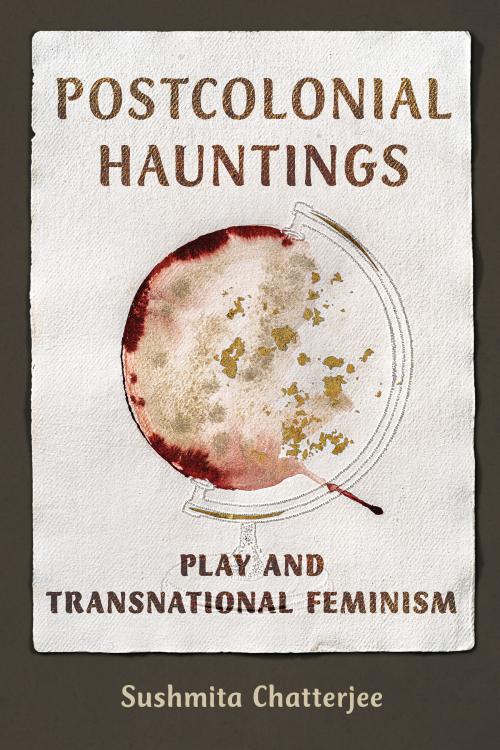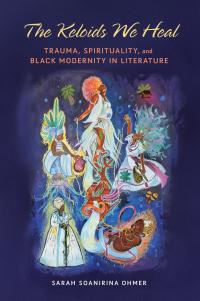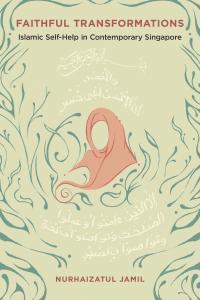
Postcolonial Hauntings
Cloth: 09/10/2024
About the Book
Often examined separately, play and hauntings in fact act together to frame post-colonial issues. Sushmita Chatterjee showcases their braided workings in social and political fabrics. Drawing on this intertwined idea of play and hauntings, Chatterjee goes to the heart of conundrums within transnational postcolonial feminisms by examining the impossible echoes of translations, differing renditions of queer, and the possibilities of solidarity beyond the fraternal friendships that cement nation-states. Meaning-plays, or slippages through language systems as we move from one language to another, play a pivotal role in a global world. As Chatterjee shows, an attentiveness to meaning-plays discerns the past and present, here and there, and moves us toward responsive ethics in our theories and activisms.Insightful and stimulating, Postcolonial Hauntings centers the inextricable work of play and hauntings as a braided ethics for postcolonial transnational struggles.
About the Author
Sushmita Chatterjee is a professor in the Department of Ethnic Studies and Women’s and Gender Studies at Colorado State University. She is the coeditor of Meat! A Transnational Analysis.Reviews
Blurbs
“Theoretically sophisticated, facts meticulously researched, delicately conducted readings. A new look at an established topic that takes into account our new world. A teaching text for the feminist postcoloniality classroom.”--Gayatri Chakravorty Spivak, author of An Aesthetic Education in An Era of Globalization
“Sushmita Chatterjee’s Postcolonial Hauntings is a spirited book that shows us that to be haunted by the past is to be alive to new meanings. Engaging closely with major texts in feminist and postcolonial studies, it offers both a distinctive voice and a playful ethical stance. Highly recommended.”--Sara Ahmed, author of Complaint!






